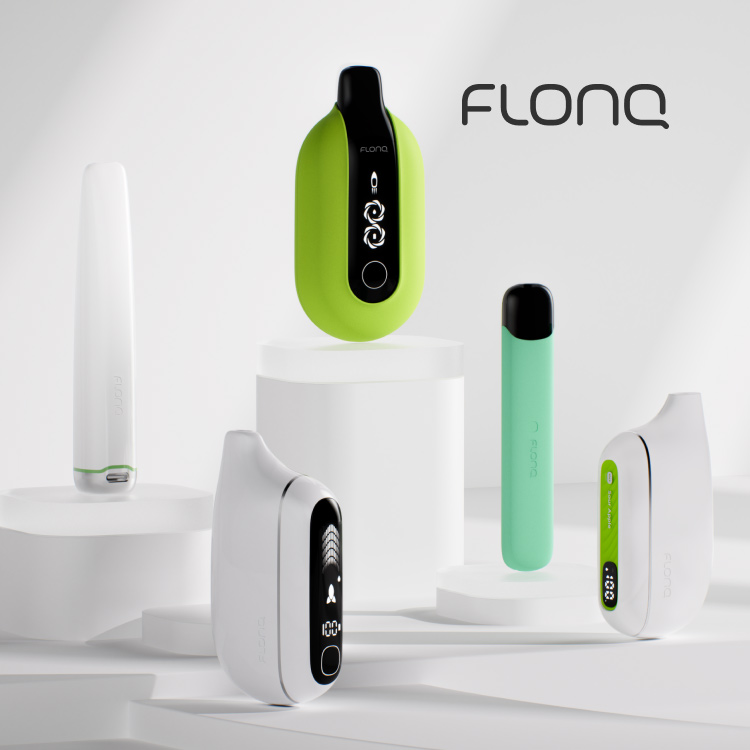Stroud: Hypocrisy of the American Healthcare System
- Harm Reduction News This Week
- July 8, 2021
- 7 minutes read

You don’t have to be a doctor, or even play one on TV, to see the conflict: American healthcare policy that promotes taxpayer-funded needle exchanges for drug addicts, but opposes vaping as an alternative for smokers.
The Biden administration recently announced a robust plan to address the nation’s crippling opioid epidemic, which was responsible for 500,000 American deaths between 1999 and 2019. That harm reduction includes needle exchanges, long a controversial policy. In 1988, Congress barred the use of federal funding for needle exchange programs. In 2015, amid the growing opioid crisis, then-President Barack Obama signed the Consolidated Appropriations Act, “which modified the restriction on use of federal funds for distributing sterile needles or syringes,” and allowed for funding to be used for other services, but not syringes.
The Biden administration plan mentions “harm reduction” a total of 12 times and hopes to “enhance” and “support” emerging harm reduction efforts. Although attempting to tackle the opioid epidemic is an admirable goal, the administration is doing an about-face in terms of adult access to all harm reduction products, and they’re not the only ones.
Rhode Island lawmakers recently held hearings on a series of bills that would ban flavored tobacco substitutes like vaping products. But those same Ocean State legislators held a floor session for the final vote on a bill that would establish “harm reduction centers.” A spirited debate took place for nearly an hour. Ultimately the measure passed by a vote of 62-9.
Harm reduction centers for opioid users are a worthwhile goal, but it is overwhelmingly hypocritical for lawmakers to support government funding those, while simultaneously blocking adult access to tobacco harm reduction products including e-cigarettes, heat-not-burn, and smokeless tobacco.
It is the smoke in combustible cigarettes that is responsible for the damage wrought by tobacco. Tobacco harm reduction products eliminate that smoke while allowing adult users to access nicotine, which in itself is not the harmful component of cigarettes. The U.S. Food and Drug Administration (FDA) has noted that it is the “mix of chemicals – not nicotine – that causes serious disease and death in tobacco users.”
The FDA currently regulates vapor products. But the agency, which fought so hard to regulate these products, has yet to approve a single premarket tobacco product application for any e-cigarette product. During a U.S. House oversight subcommittee meeting last month, lawmakers urged the agency to not approve any flavored e-cigarette product to “protect youth.”
In the Rhode Island House hearing, a spokesman for Campaign for Tobacco-Free Kids (CTFK) urged lawmakers to ban flavored tobacco and vapor products while supporting lawmakers’ efforts in increasing access to clean syringes and opioid antagonist medications, including methadone.
This makes no sense.
Is anyone arguing that more Americans should smoke? Or that health policy should promote smoking? Of course not, just as needle exchange advocates aren’t hoping more people will get hooked on heroin. It’s simply an acknowledgment of human nature, and an effort to reduce harm.
The infamous anti-tobacco and vaping crusader Michael Bloomberg similarly supports opioid harm reduction, but not tobacco harm reduction. A recent New York Times article interviewed the director of drug use initiatives at Vital Strategies, a Bloomberg-backed “philanthropic group.” The director noted that harm reduction programs help persons “stay safe and healthy and alive first and foremost.” Since 2016, Vital Strategies has worked in tandem with the World Health Organization to ban adult access to tobacco harm reduction products. In 2019, the organization highlighted India’s ban on e-cigarettes as a victory. Bloomberg himself has donated $160 million over a three-year period to “fight flavored e-cigarettes.”
In Rhode Island, the CTFK spokesperson noted that opioid harm reduction programs don’t create new users. That may be true, but e-cigarettes create former smokers by helping adults quit smoking. Moreover, they don’t cost taxpayers a dime, and as a harm reduction product, they help to reduce health care and other smoking-related costs.
The FDA has the ability to save millions of lives by approving tobacco harm reduction products. They shouldn’t let misinformed entities and people like CTFK and Michael Bloomberg stand in the way of science and common sense.
This opinion originally appeared at Inside Sources.
